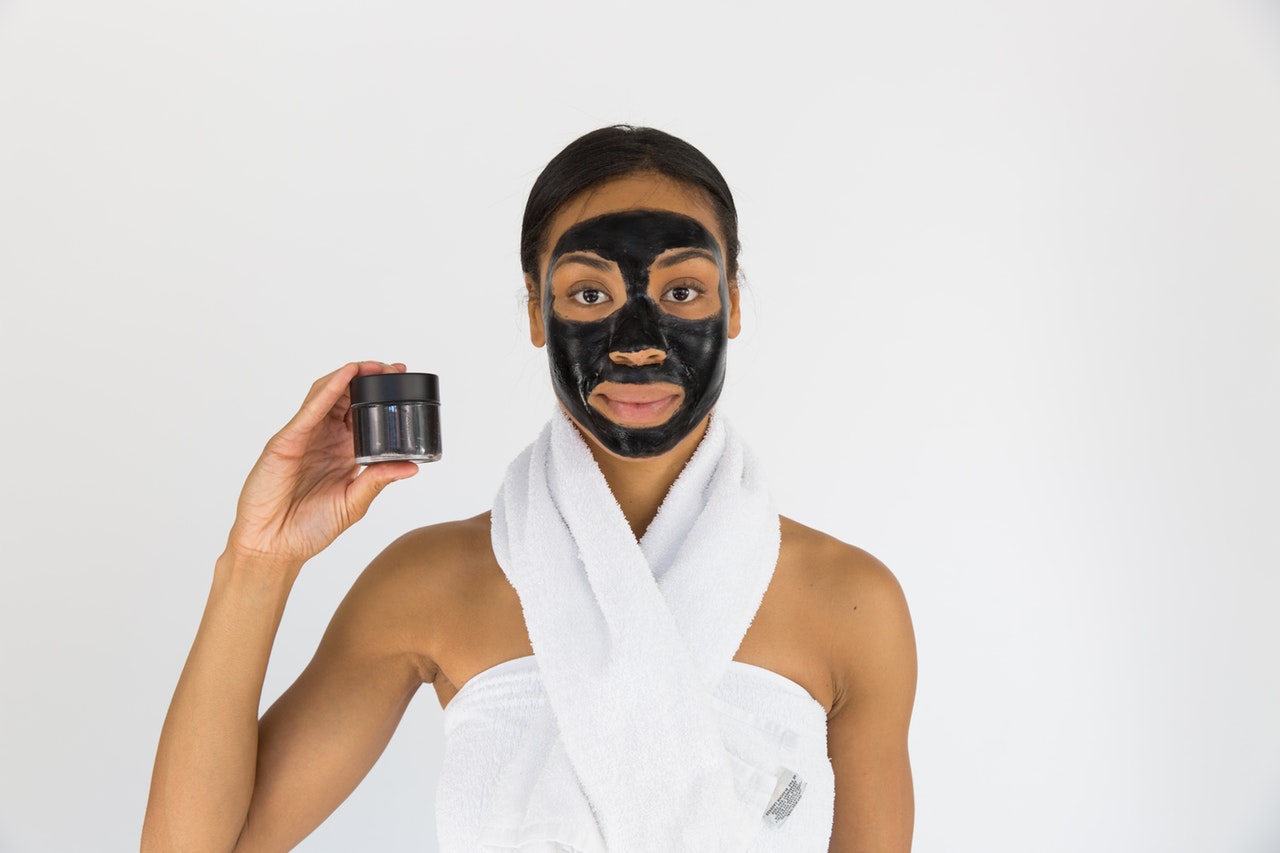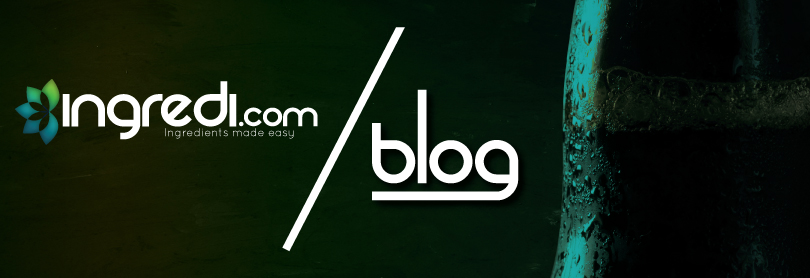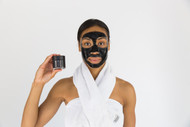How Activated Charcoal is used in the Beauty Industry
By on Sep 11th 2019
Thanks to its purifying abilities, activated charcoal has become a popular ingredient in the beauty industry. This versatile product is used in face masks to draw out unwanted gunk, hair care products to soothe itchy, flaky scalps, and toothpaste to brighten teeth. With benefits such as these, it’s no wonder why activated charcoal has become the latest beauty trend.
What’s the Difference Between Charcoal and Activated Charcoal?
You might be more familiar with the charcoal used in barbecues to grill your hotdogs and hamburgers to perfection. However, it is not the same ingredient you’ll find in your favorite skincare line.
Charcoal is a black carbon residue made by pyrolysis, the thermal decomposition of materials at high temperatures (between 800-1,200 oF) in an unchanging environment. In this case, the unchanging environment needed to make charcoal would be the lack of oxygen. Any presence of oxygen would incinerate the wood (or any carbon-containing material) instead of turning it into charcoal.
Activated charcoal, also known as activated carbon, is made from carbon-rich materials such as wood, sawdust, peat, coal, coconut shells, and petroleum. Charcoal becomes “activated” when treated with oxygen, carbon dioxide, steam, and acids. This activation process creates microscopic holes in the charcoal, making it more porous than inactivated charcoal. Activated charcoal acts as a magnet attracting and removing toxins.
Uses in Skin Care
Throughout the day, toxins seep into the epidermis, the outmost layer of the skin and largest organ in the human body. Our skin is highly sensitive to external pollutions —damaging UV rays, cigarette smoke, extreme temperatures, and aggressive cosmetic products. These various toxins can build up over time and form clogged pores. This is where activated charcoal comes in!
Charcoal face masks are the perfect detoxifying agent. Once applied to the face, they absorb toxins and oils. This minimizes the appearance of pores (enlarged pores are a result of dirt and grime) and eliminates excessive oils. If you have oily or acne-prone skin, you should consider adding charcoal face masks into your skincare routine. While charcoal face masks work wonders, they are only meant to be used one to two times a week.

Facial cleansers are meant to remove dead skin cells, makeup, dirt, and oil. They are gentler than face masks; therefore, they can be used in your daily skincare regime. Charcoal cleansers go the extra mile with their antibacterial and antifungal properties. The activated charcoal sucks up the dirt and grime from your pores while preventing icky bacteria from forming.
Charcoal bar soaps, body clays, cleansing pore strips, and scrubs possess the same benefits as charcoal masks and cleansers. However, these skincare products work as gentle exfoliators as well. Exfoliation is an essential part of skin care as it removes dead skin cells and increases cell turnover (meaning healthier skin). Since activated charcoal is a grainy black powder, it provides just the right amount of grit to wipe away dead skin cells.
Uses in Hair Care
Along with skincare products, activated charcoal is also used in hair care products. It has become such a popular ingredient that well-known brands like Dove and SheaMositure have released their own line of charcoal products.
Shampoo containing activated charcoal rids hair of toxins. The charcoal attracts the dirt and oil from the hai,r which is then washed away. The best part is your hair’s natural moisture levels will remain unaffected by the charcoal since it is a gentle detoxifier. Charcoal shampoo removes impurities from your hair without compromising its integrity.
Dry, flaky scalps can be extremely uncomfortable. Charcoal soothes itchy skin by absorbing deep-rooted impurities that create discomfort.
Dirt and oil can weigh down hair, making it look lackluster. Activated charcoal shampoo removes more surface dirt than regular shampoo. As a result, your hair will hold products better. Charcoal provides the extra ingredient needed in shampoo to create shiny and voluminous hair.
Activated charcoal works on all hair textures, so no one misses out on its benefits.
Can Activated Charcoal Whiten Teeth?
If you rely on fresh-brewed coffee to survive the morning and red wine to relax at night, charcoal toothpaste may be your saving grace to combat stains.
Charcoal is more abrasive than regular toothpaste, meaning it helps remove pesky plaque and absorbs discolorations in the tooth enamel. While charcoal toothpaste may brighten your teeth, moderation is key. Using it once a week will do the trick.
Sources:
https://www.thoughtco.com/how-does-activated-charcoal-work-604294






